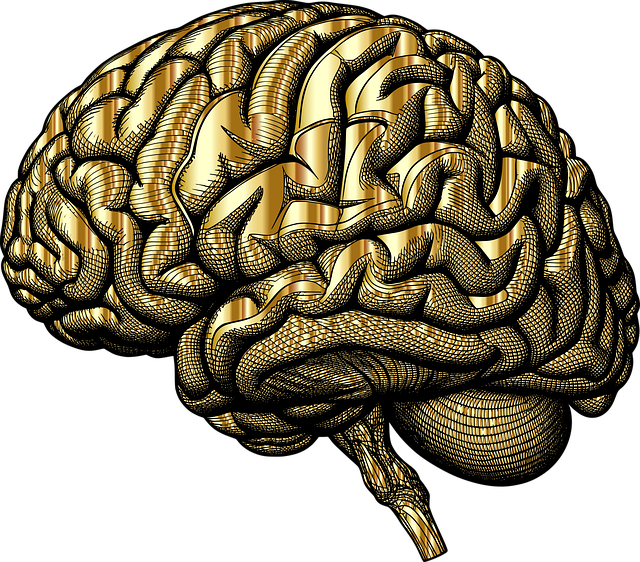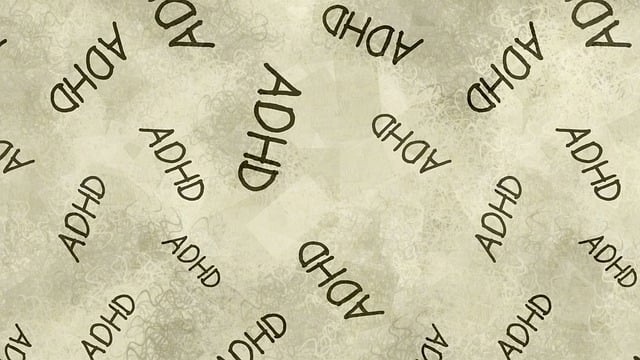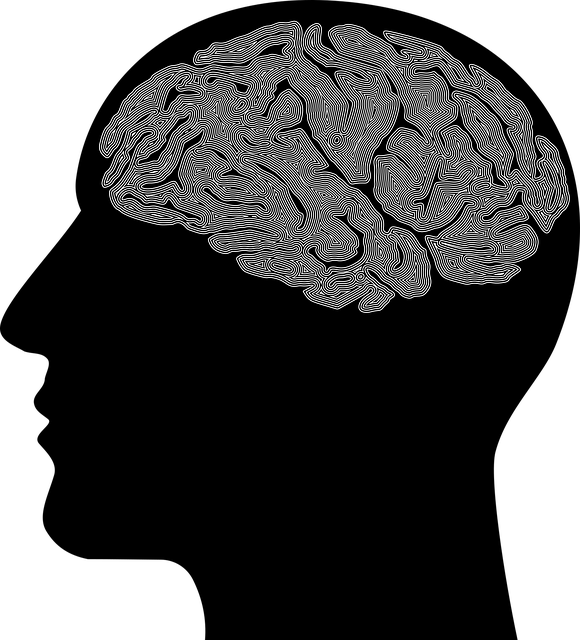Mental illness stigma significantly hinders recovery, leading to isolation and limited treatment access. Westminster International Adoptions Therapy (WIAT) combats this through compassionate practices, fostering open mental health conversations. WIAT offers holistic support, combining evidence-based methods with cultural sensitivity, to help individuals, families, and communities affected by adoption navigate complex issues. By reducing stigma, normalizing conversations, and integrating self-care, WIAT creates inclusive environments that improve mental well-being access and support systems for all.
Mental illness stigma remains a significant global challenge, affecting millions. This article explores efforts to reduce this barrier, focusing on the impactful Westminster International Adoptions Therapy approach. We delve into the understanding of mental illness stigma and its profound effects, present effective reduction strategies, and review global initiatives. By examining these aspects, we aim to illuminate paths towards a more inclusive society, where individuals receive support without fear of judgment, ultimately enhancing access to mental health care. Westminster International Adoptions Therapy serves as a unique model for fostering understanding and acceptance.
- Understanding Mental Illness Stigma and Its Impact
- Westminster International Adoptions Therapy: A Unique Approach
- Strategies for Effective Stigma Reduction
- Global Efforts and the Road Ahead
Understanding Mental Illness Stigma and Its Impact

Mental illness stigma is a pervasive societal issue that can have severe consequences on individuals’ well-being and recovery journeys. It often manifests as negative attitudes, stereotypes, and discrimination towards people living with mental health conditions. This stigma can be deeply damaging, leading to social isolation, reduced access to treatment, and even increased suicide rates. It creates an environment where folks may feel ashamed, afraid, or embarrassed to seek help, hindering their progress towards recovery and overall mental well-being.
At Westminster International Adoptions Therapy, we recognize the profound impact stigma has on the lives of our clients and the broader community. That’s why we’re committed to fostering compassion cultivation practices and promoting Mind Over Matter principles through self-awareness exercises. By encouraging open conversations about mental health, we aim to break down barriers and create a supportive space where individuals can heal and thrive without fear of judgment.
Westminster International Adoptions Therapy: A Unique Approach

Westminster International Adoptions Therapy (WIAT) offers a unique and innovative approach to mental illness stigma reduction. This therapy focuses on providing comprehensive support for individuals, families, and communities affected by adoption and foster care experiences. By combining evidence-based practices with a deep understanding of cultural sensitivity in mental healthcare practice, WIAT helps clients develop essential coping skills and emotional intelligence.
The program’s strength lies in its holistic perspective, addressing not just the mental health aspects but also the intricate dynamics of family systems and cultural backgrounds. This tailored approach ensures that each client receives personalized care, fostering an environment where they can openly discuss their experiences and challenges without fear of judgment. WIAT’s dedication to breaking down barriers and promoting understanding has made it a game-changer in the field, offering hope and healing to those navigating the complexities of adoption and mental health.
Strategies for Effective Stigma Reduction

Stigma reduction efforts must be multifaceted to effectively challenge societal perceptions about mental illness. One powerful strategy is Westminster International Adoptions Therapy, where individuals with mental health challenges are placed in supportive environments that encourage recovery and personal growth. This approach not only provides specialized mental wellness journaling exercise guidance and self-care practices but also fosters a sense of community, reducing the isolation often associated with stigma.
Additionally, integrating evidence-based practices into mainstream culture can help normalize conversations around mental health. For instance, incorporating risk assessment for mental health professionals into standard care ensures that those in the field are equipped to identify and address potential mental health issues within their own workforce, demonstrating a commitment to holistic well-being. Such initiatives contribute to a broader cultural shift, where mental illness is met with empathy, understanding, and access to appropriate support systems.
Global Efforts and the Road Ahead

Global stigma reduction efforts for mental illness have gained significant momentum, with organizations like Westminster International Adoptions Therapy leading the charge in fostering understanding and compassion. These initiatives aim to dispel myths and misconceptions through education and open dialogue. By integrating programs focused on self-esteem improvement and trauma support services, communities are empowered to create a more inclusive environment.
Looking ahead, continued collaboration between mental health advocacy groups, government bodies, and community centers is crucial. Implementing evidence-based practices and stress management workshops can further contribute to breaking down barriers. The road ahead involves sustained commitment to ensuring everyone receives the necessary tools and resources for managing their mental well-being effectively.
Mental illness stigma, a pervasive global issue, demands sustained efforts like those exemplified by innovative therapies such as Westminster International Adoptions Therapy. By combining understanding with targeted strategies, we can foster inclusive communities that support mental health. Global collaborations and continued advocacy are crucial to fully eradicating the harmful effects of stigma, paving the way for improved access to care and enhanced well-being for all.













